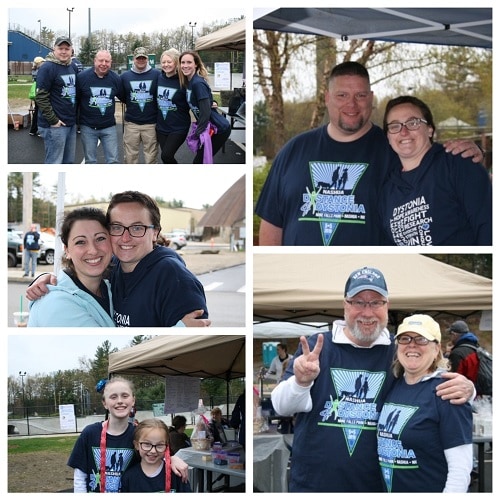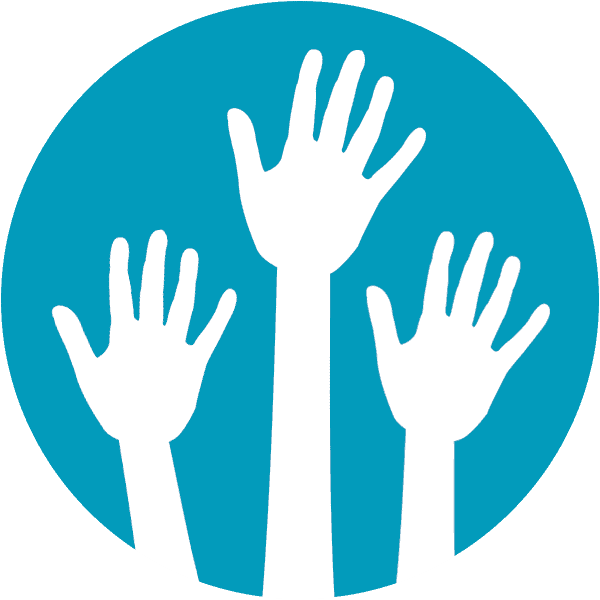100+ Support Nashua Dystance4Dystonia Walk for a Cure
 Congratulations and many thanks to event organizer Mandi Sleeper and her 100+ supporters who participated in the Nashua Dystance4Dystonia Walk in New Hampshire on May 5 to support the mission of the Dystonia Medical Research Foundation (DMRF). The event was covered by The Telegraph, bringing much-needed awareness to the community. Estimates suggest the event raised $5,000.
Congratulations and many thanks to event organizer Mandi Sleeper and her 100+ supporters who participated in the Nashua Dystance4Dystonia Walk in New Hampshire on May 5 to support the mission of the Dystonia Medical Research Foundation (DMRF). The event was covered by The Telegraph, bringing much-needed awareness to the community. Estimates suggest the event raised $5,000.
Mandi began experiencing symptoms of dystonia as a teenager but remained undiagnosed until her early 20s. She experienced painful, involuntary muscle spasms in her hands, feet, jaw, and neck—at times so severe she dislocated her shoulder joint.
In 2011 she underwent deep brain stimulation (DBS), a procedure that involves surgically implanting electrodes the brain and a battery-powered stimulator in the chest wall. The treatment is continually monitored and adjusted by a remote device that controls the electrical stimulation to the brain. While the device reduced her pain and symptoms at first, she experienced a rollercoaster of setbacks and comebacks, including a life-threatening infection and a broken DBS device, each of which required the procedure to be reversed and redone on separate occasions. Her most recent replacement was January of 2019, and she has benefited greatly.
Dystonia is a chronic, often disabling, neurological disorder marked by extreme, involuntary muscle contractions that cause abnormal body movements and postures. Common signs include abnormal movements of the head and neck, excessive blinking, a breathy or choking voice, hand cramps, or a twisted foot. Because dystonia is not better known, symptoms are often mistaken for mental illness, intoxication, or poor social skills. Dystonia impacts people of all ages and backgrounds. There is currently no cure, and though treatments exist there is no single therapy that benefits even a majority of patients.
The Dystonia Medical Research Foundation is a 501(c)(3) non-profit organization dedicated to advancing research for improved dystonia treatments and ultimately a cure, promoting awareness, and supporting the well-being of affected individuals and families.



